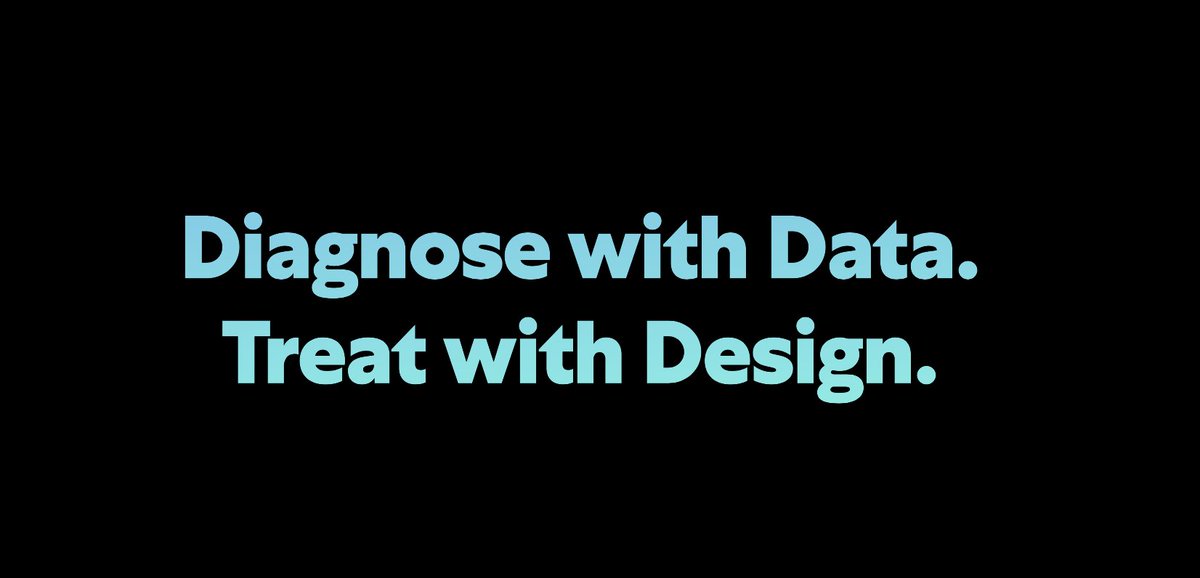
Companies are like people.
Not sprawling networks of people (though technically that's right)
Rather, thinking about a company as an individual makes many things easier to understand.
Pick the company to join like you'd pick who you'd want to hang out with every day.
Thread👇
Not sprawling networks of people (though technically that's right)
Rather, thinking about a company as an individual makes many things easier to understand.
Pick the company to join like you'd pick who you'd want to hang out with every day.
Thread👇
Companies have personalities, just like people do. Some companies are flashy and dramatic. Others are staid and quiet. Some live in the future, constantly tossing out new inventions. Others are ruthlessly competitive.
(2/13)
(2/13)
Like with people, all strengths have shadow downsides. Apple's quality and cool comes from a secretive, top-down culture.
Zoom's focus on superior tech leaves it lacking when it comes to product features.
(3/13)
Zoom's focus on superior tech leaves it lacking when it comes to product features.
(3/13)
Deciding which company to join is like deciding which person you'd want to date.
1) Are their strengths attractive to you?
2) Are their values aligned with your values?
3) Can you live with their flaws?
(4/13)
1) Are their strengths attractive to you?
2) Are their values aligned with your values?
3) Can you live with their flaws?
(4/13)
If you don't think a company (or a person) has flaws, it's a sign you should do more research.
Ask the founders directly, if it's a small company: "What would a keen critic say about your company?"
Speak with ex-employees if it's a bigger company.
(5/13)
Ask the founders directly, if it's a small company: "What would a keen critic say about your company?"
Speak with ex-employees if it's a bigger company.
(5/13)
No company does things 100% the way you'd like them to (unless you are the founder, and even then, teams ), just like not all of your friends think exactly the same as you.
But shoot for at least 80% alignment on your company caring about the things you do.
(6/13)
But shoot for at least 80% alignment on your company caring about the things you do.
(6/13)
Of course, you first need to understand what *you* care about:
1) How do you stack rank the following: learning, compensation, mission/impact, environment/colleagues, recognition/status?
2) When were you the most fulfilled? Why?
3) When were you the most miserable? Why?
(7/13)
1) How do you stack rank the following: learning, compensation, mission/impact, environment/colleagues, recognition/status?
2) When were you the most fulfilled? Why?
3) When were you the most miserable? Why?
(7/13)
Yes, you may encounter a 'bad apple' at a company that does not represent its general values.
But the presence of more than one of these folks suggests there's something about the culture that incentivizes or at least tolerates such behavior.
(8/13)
But the presence of more than one of these folks suggests there's something about the culture that incentivizes or at least tolerates such behavior.
(8/13)
Don't believe hype about companies. It's like celeb stories. Remember when @taylorswift13 was a snake and then Miss Americana?
A company is never as good as they praise; it's never as bad as they malign.
Press comes and goes; sharp strategy and steady execution always wins.
A company is never as good as they praise; it's never as bad as they malign.
Press comes and goes; sharp strategy and steady execution always wins.
There is no one "best way" to be a person, and there is no one "best way" to be a company.
Great leaders can be extroverts or introverts. Productive people might work mornings or evenings.
So take any company's "ultimate playbook for success" with a grain of salt.
(10/13)
Great leaders can be extroverts or introverts. Productive people might work mornings or evenings.
So take any company's "ultimate playbook for success" with a grain of salt.
(10/13)
Sure, a company's success can inspire you. There are lessons you can admire and incorporate.
But treat it like an IG influencer telling you how she cooks delicious healthy meals in 20 minutes.
It's not the whole story, and it may not fit your situation.
(11/13)
But treat it like an IG influencer telling you how she cooks delicious healthy meals in 20 minutes.
It's not the whole story, and it may not fit your situation.
(11/13)
Companies evolve and change, just like individuals do. They make mistakes. They collect stories. They try to do something valuable with their existence. They compete for the affections, wallets and attention of their audience. If they become irrelevant, they die.
(12/13)
(12/13)
This is, of course, a simplification.
But at the end of day, companies consist of people with a shared sense of identity.
Get to know that identity as you would any new person you meet. Dig into their character. Make sure it's a relationship you want to invest in.
Fin
But at the end of day, companies consist of people with a shared sense of identity.
Get to know that identity as you would any new person you meet. Dig into their character. Make sure it's a relationship you want to invest in.
Fin
• • •
Missing some Tweet in this thread? You can try to
force a refresh



